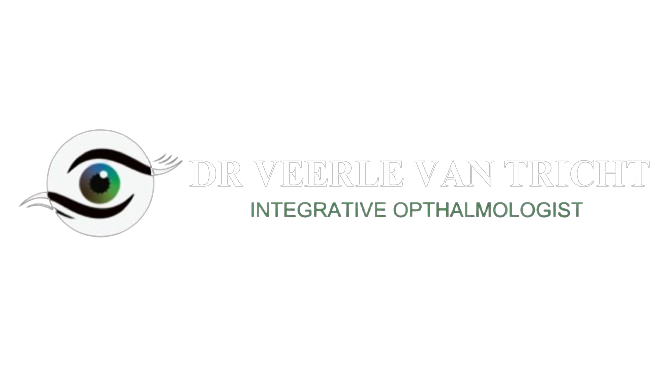Cataract Services
Cataracts are the clouding of the lens inside the eye, which can cause vision impairment or blindness if left untreated

Diagnosis
I will initially evaluate the patient’s vision and ask about their symptoms. We may use various diagnostic tools, such as a visual acuity test, slit-lamp examination, retinal examination, and optical coherence tomography (OCT) to confirm the presence and severity of cataracts.
Surgical Intervention
In most cases, cataract surgery is required to remove the clouded lens and replace it with an artificial intraocular lens (IOL). I use techniques like phacoemulsification, which involves breaking the cataract into small pieces using ultrasound waves and then removing them through a small incision. Alternatively, extracapsular cataract extraction (ECCE) may be used for more advanced cataracts.
Consultation and Education
I do have a consultation time for my patient to explain the diagnosis, discuss available treatment options, and address any concerns or questions. I do educate my patients about the nature of cataracts, the associated risks, and the possible benefits of treatment.
Postoperative Care
I provide thorough instructions on postoperative care, medication use, and hygiene practices to prevent any complications and promote proper healing. I also schedule follow-up visits to assess the patient’s progress, monitor healing, and ensure the optimal outcome. Any concerns or issues that arise during the recovery period will be addressed by the doctor, ensuring the patient’s comfort and successful recovery.
Treatment Planning
Based on the patient’s individual circumstances, including the extent of cataract impairment and any other eye conditions, I will develop a customized treatment plan. In my clinic I consider factors such as the patient’s age, general health, occupation, and lifestyle to determine the most appropriate approach.
Ongoing Management
After surgery and recovery, I will continue to monitor the patient’s vision and overall eye health in routine check-ups. I will address any visual changes, complications, or other eye conditions that may arise in the future. Additionally, vision aids like eyeglasses or contact lenses might be prescribed to optimize the patient’s vision following surgery.
Speak with an Ophthalmologist
Call: +44 7900 842692
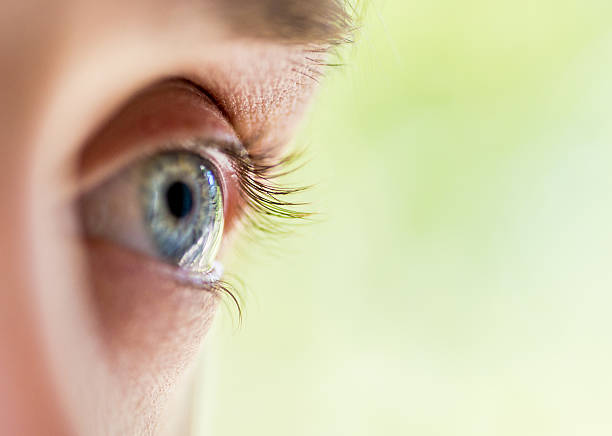
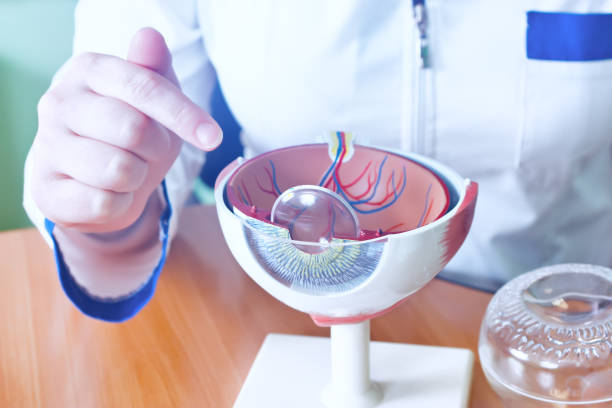
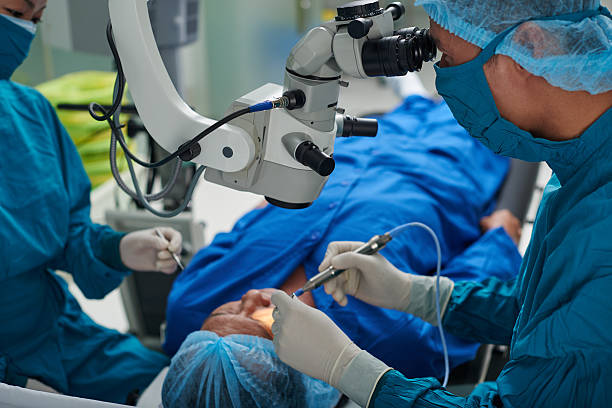
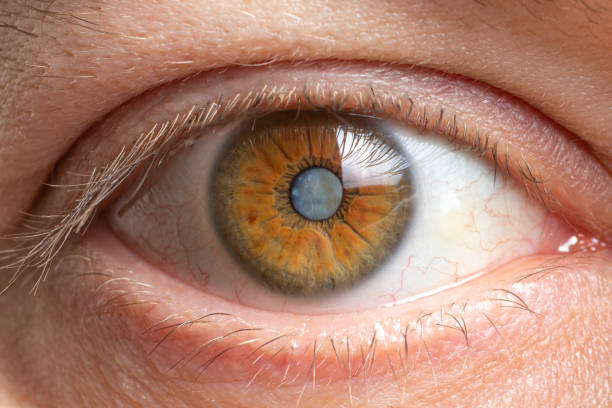
Frequently Asked Questions
What are cataracts?
Cataracts are a clouding of the natural lens of the eye, leading to blurry vision. They are usually age-related but can also occur due to factors like genetics, trauma, or certain medical conditions.
What are the symptoms of cataracts?
Common symptoms include blurred or cloudy vision, sensitivity to light, difficulty seeing at night, seeing halos around lights, faded or dull colors, and frequent changes in eyeglass prescription.
How are cataracts diagnosed?
An ophthalmologist will diagnose cataracts through a comprehensive eye examination, including visual acuity tests, slit-lamp examination, and possibly a dilated eye examination.
Can cataracts be prevented?
While cataracts cannot be entirely prevented, certain lifestyle choices may lower the risk or delay their development. These include protecting the eyes from UV radiation, quitting smoking, maintaining a healthy diet rich in antioxidants, and managing systemic conditions like diabetes.
When should cataract surgery be considered?
Cataract surgery is usually recommended when the cloudy lens significantly affects daily activities and quality of life. However, the decision ultimately depends on the individual’s symptoms and their impact on visual function.
What is involved in cataract surgery?
Cataract surgery involves removing the cloudy natural lens and replacing it with an artificial intraocular lens (IOL). The surgery is typically performed as an outpatient procedure and is minimally invasive.
Is cataract surgery safe?
Yes, cataract surgery is considered safe and has a high success rate. However, like any surgical procedure, it carries some risks that will be discussed with you by the ophthalmologist.
Will cataract surgery restore my vision?
Cataract surgery has a high success rate in restoring clear vision. However, it’s important to have realistic expectations as other underlying eye conditions or age-related changes may still impact vision following the surgery.
What is the recovery process after cataract surgery?
The recovery period is relatively short, and most patients experience improved vision within a few days. You may be prescribed eye drops, given post-operative instructions, and advised to avoid strenuous activities or rubbing the eyes.
Are there any alternatives to cataract surgery?
In the early stages, cataracts can be managed with changes in eyeglass prescriptions and improved lighting. However, surgery remains the only effective treatment for advanced cataracts. It is advisable to discuss options and potential risks with your ophthalmologist.
What to Expect From Your Visit
Comprehensive Eye Examination, Refraction Test, Slit Lamp Examination, Dilated Eye Examination, Additional Specialized Tests,Diagnosis and Treatment Plan, Patient Education, Follow-Up Appointments. It’s important to note that the exact procedures and tests may vary based on individual needs, and some visits may focus on specific concerns or conditions. It’s always beneficial to communicate any specific symptoms or concerns you may have during the visit.
